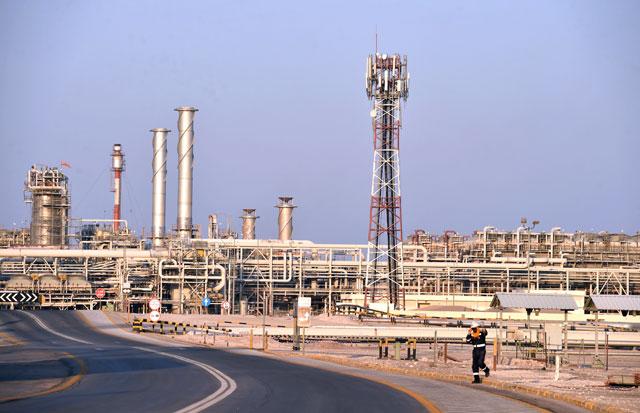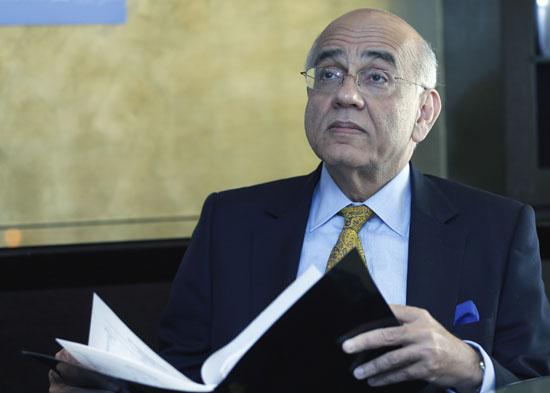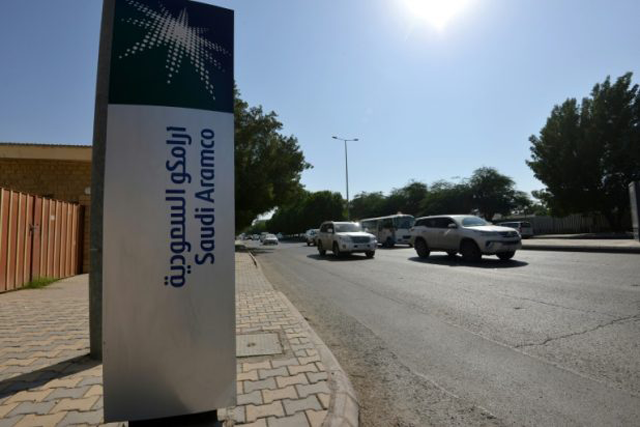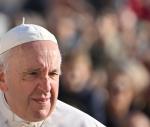You are here
Saudi Arabia presents plan to move beyond oil
By Reuters - Jan 26,2016 - Last updated at Jan 26,2016
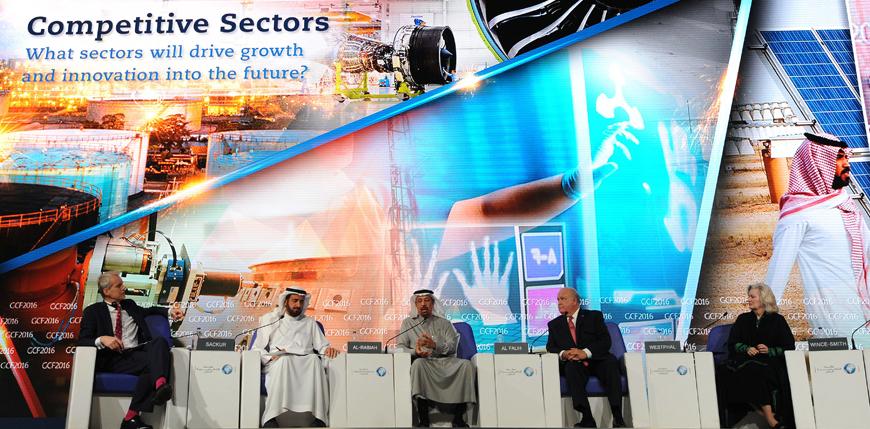
From left to right: British journalist Stephen Sackur, Saudi Commerce and Industry Minister Tawfiq Al Rabiah, Chairman of Saudi state oil giant Aramco Khalid Al Falih, US Ambassador to Saudi Arabia Joseph Westphal and President of the US Council on Competitiveness Deborah Wince-Smith, attend the 10th Global Competitiveness Forum on Monday in the Saudi capital Riyadh (AFP photo)
RIYADH — Saudi Arabia outlined ambitious plans on Monday to move into industries ranging from information technology to healthcare and tourism, as it sought to convince international investors it can cope with an era of cheap oil.
A meeting and presentation at a luxury Riyadh hotel was held against a backdrop of low oil prices pressuring the kingdom's currency and saddling it with an annual state budget deficit of almost $100 billion, the biggest economic challenge for Riyadh in well over a decade.
Top Saudi officials said they would reduce the kingdom's dependence on oil and public sector employment. Growth and job creation would shift to the private sector, with state spending helping to jump-start industries in the initial stage.
"It's going to switch from simple quantitative growth based on commodity exports to qualitative growth that is evenly distributed" across the economy, said Khalid Al Falih, chairman of national oil giant Saudi Aramco.
Over 2,400 people, including local and foreign officials, business, consultants and academics, registered for the event, staged by the government's investment promotion agency.
Commerce and Industry Minister Tawifiq Al Rabiah said Saudi Arabia had been a victim of the "Dutch disease", a condition in which the oil sector had crowded out other parts of the economy, but was now working to correct that.
Under the reforms, parts of the national healthcare system would be converted into independent commercial companies, officials said.
Participants in the conference, including the chief executives of US aerospace firm Lockheed Martin and Pepsico, discussed subjects ranging from how to foster entrepreneurs to ways of developing dynamic cities and increasing the role of Saudi women in the business world.
Obstacles
The heavy presence of foreign business representatives suggested many saw opportunities in the Saudi strategy.
Although Riyadh is burning through its foreign assets to cover the budget gap, it still had $628 billion in November, enough to finance years of new projects.
Some participants expressed doubt about the scale of the planned change in a country where about two-thirds of local workers are in the public sector, preferring it to more rigourous private employment.
There is little tradition of entrepreneurship in the world's biggest oil exporter, and financial and legal systems have not been set up to encourage it.
"The transition away from being a rentier state is not a comfortable one," said David Chaudron, managing partner of the California-based Organised Change Consultancy, which works with Saudi companies.
"They're trying. But the fundamental question is: will their trying bear enough fruit before the downside of the current system hits? Or is it a day late and a dollar short? Will the forces of change ultimately be enough to overcome the inertia of the current system? I don't know," he added.
The US ambassador to Saudi Arabia, Joseph Westphal, pointed to risks in administering the plans.
"Saudi Arabia has to have a government system that is adaptable," he said, adding that top officials would need to delegate decisions and authorities would have to be willing to take risks in the recognition that there would be some failures.
Nevertheless, many participants at the conference recognised that strong political momentum had now built up behind the reform plans, many of which had previously been discussed for years without result.
The momentum has increased since King Salman took the throne in January last year and created a powerful Council of Economic and Development Affairs chaired by his son, Prince Mohammed Bin Salman. The government is believed to have hired hundreds of Western consultants to work on the plans.
Falih said that in addition to using its spending to start industries such as shipbuilding, Saudi Aramco would use its extensive educational and vocational training programmes to help create the human capital needed for the transformation.
"Saudi Aramco will be a bridge for a transition away from itself," he indicated.
Earlier this month, the International Monetary Fund (IMF) said growth in Saudi Arabia, a heavyweight member of the Organisation of Petroleum Exporting Countries, will slow to its lowest rate in seven years, as oil prices continue their dramatic fall.
Revising down its last forecast, the IMF predicted that the Saudi economy will grow by just 1.2 per cent in 2016, compared with the 2.2 per cent it estimated in October.
This would be the worst growth rate for Saudi Arabia since 2009, when the economy contracted by 2.1 per cent because of the sharp fall in crude prices due to the global financial crisis.
In its World Economic Outlook Update, the IMF also projected growth in 2017 to be a modest 1.9 per cent, down one percentage point from its October forecast.
Saudi's economy, heavily dependent on oil revenues, grew by 3.4 per cent last year, the IMF noted.
The new downgrade comes after Saudi Arabia posted a record budget deficit of $98 billion last year and projected an $87 billion shortfall for the current year.
The action also comes after the kingdom took unprecedented measures to reduce huge subsidies on fuel products, electricity, water and other services in a bid to boost non-oil revenues and rationalise consumption.
"Lower oil prices strain the fiscal positions of fuel exporters and weigh on their growth prospects," the IMF said.
It said the economy of the whole Middle East, North Africa, Afghanistan and Pakistan, which includes oil importers and exporters, is forecast to post higher growth this year and the next but at a slower rate due to conflicts and low oil exports.
The region is forecast to grow by 3.6 per cent this year and the next, down 0.3 per cent and 0.5 per cent, respectively, on October projections.
The region grew 2.8 per cent in 2014 and 2.5 per cent last year.
"Higher growth is projected for the Middle East, but lower oil prices, and in some cases geopolitical tensions and domestic strife, continue to weigh on the outlook," the fund said.
To finance the deficit, Saudi Arabia withdrew around $100 billion from its fiscal reserves in the first 11 months of last year. The kingdom also issued debt worth around $30 billion.
Riyadh still has reserves of around $630 billion.
The IMF said the price of oil averaged $51 a barrel last year and is projected to be $42 a barrel this year and $48 a barrel in 2017.
The world's largest exporter is currently pumping 10.3 million barrels of crude per day.
Related Articles
RIYADH — Saudi Aramco is expected to announce a drop in profits as it unveils on Monday its first annual results since its listing, as
Gulf oil exporters must reduce spending, including subsidies and diversify their economies to cope with lower revenues caused by the sharp drop in crude prices, the International Monetary Fund (IMF) said.
RIYADH — Saudi Aramco on Sunday reported a 24.7 per cent decline in profits in 2023 compared to the previous year, the result of lower oil p


